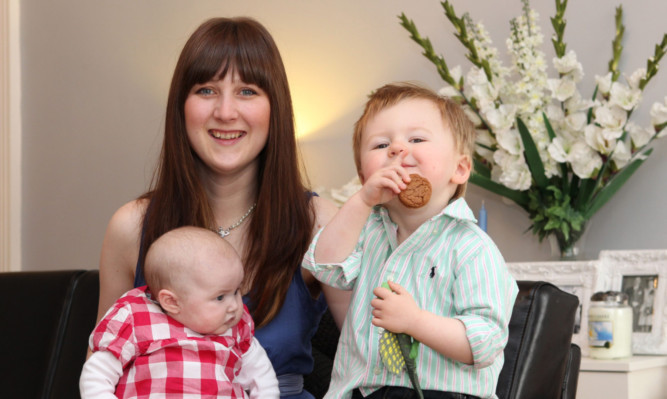A new study has found eight out of 10 men and nine out of 10 women diagnosed with the most dangerous form of skin cancer will now survive the disease.
The report by charity Cancer Research UK shows survival rates for malignant melanoma in Scotland have increased considerably since 30 years ago, when only 58% of men and 78% of women beat the disease.
The increases are likely to be down to improvements in treatment, early diagnosis and awareness of the symptoms, the charity said.
Skin cancer is one of the fastest rising cancers in the UK, and about 1,200 Scots are diagnosed with malignant melanoma every year.
Dr Tim Crook, a consultant medical oncologist and scientist at Dundee University who treats melanoma and works on Cancer Research UK projects, said: “Forty years ago, only around half of those diagnosed with skin cancer were surviving.
“Eight out of 10 is a massive improvement, but clearly we can’t stop there. More and more people are beating skin cancer but we still need to ensure new treatments are developed.
“We’ve come a long way in the fight against skin cancer and that’s largely down to the generosity of supporters who have funded research to help us better understand the disease and find new ways of beating it.”
He added: “We have seen big improvements in skin cancer surgery and research from Cancer Research UK-funded laboratories has allowed the development of drugs like Vemurafenib, which isn’t a cure but can give patients with advanced melanoma valuable extra months.
“Work in our own lab has identified new ways to diagnose metastatic melanoma at an early stage where the evidence is that new treatments work better.”
Skin cancer survivor Caroline Begg, of Glasgow, was diagnosed with malignant melanoma in 2006, when she was 26.
Caroline, once a regular sunbed user, said: “I was very lucky that my cancer was caught early. I think going to the doctor early and the treatment I received saved my life.
“Now I am the most cautious person in the sun and would never, ever use a sunbed. I would urge everyone to take care so they don’t have to go through the trauma I did.
“I was very lucky that treatments have come on leaps and bounds and, thanks to the hard work of Cancer Research UK scientists, much more is known about the disease.”
